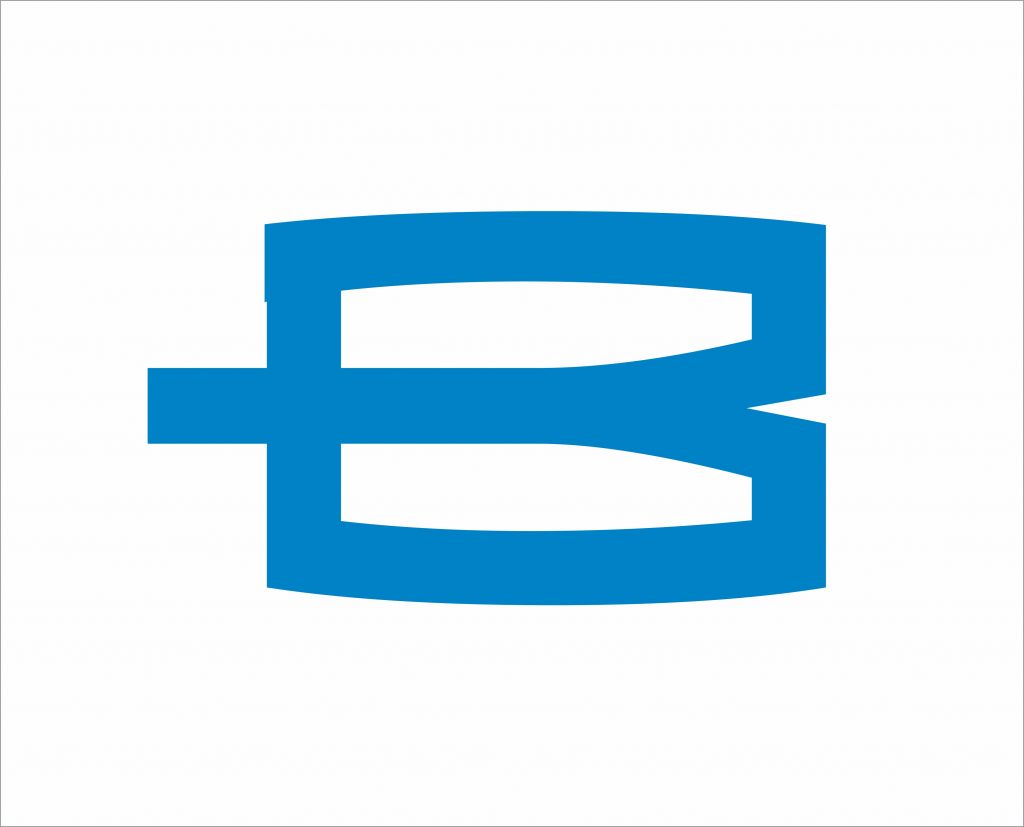
Nigeria is the most populous country in Africa and the seventh most populous in the world with a projected population of over 200 million as at 2019.
She has a fast growing , aspirational middle class and very high rate of urbanization. This, together with the large population, creates a very strong demand for transportation/mobility and guarantees a sustained growth of the market for vehicles and transportation/mobility solutions.
Nigeria has a current vehicle size of about 11.7 million and a total vehicle market size of N475.2 billion. Insufficient local production has made Nigeria highly dependent on imports (used and new vehicles) to meet local demand.
It is important to note that vehicles are a means to an end: which is to facilitate the movement of people and products in an efficient and sustainable manner. There is a consensus amongst experts that the existing system, of one size fits all, is no longer relevant to the realities on ground.
While it might be convenient and more acceptable to adapt solutions developed elsewhere and to go the way of technology transfer, this is akin to building a golden stature with clay feet. Nigeria and Africa, at large, has gone this route for long without success due to a lack of deliberate action to change the feet of our industrial stature from clay to gold.
This is not surprising, as adaptation of solutions with an expectation of eventual transfer of technology, most often, comes bundled with inertia. An Inertia that stacks the odds against the beneficiary by stifling innovation while promoting intellectual laziness and ‘beggarly mindset’.
Brunze proposes a ‘back to the basics’ approach. An approach that will address our problems from the first principles. This way, we shall lay the building blocks in a way that ensures all the elements relevant to our industrialization are developed from ground up. Of course, such an approach will go about this without reinventing the wheel while leapfrogging, where necessary and possible.
A solution designed and developed from ground up, to address social, cultural, economic and geographical peculiarities of the target market would be more relevant to the problem.
A truly Nigerian Solution.

